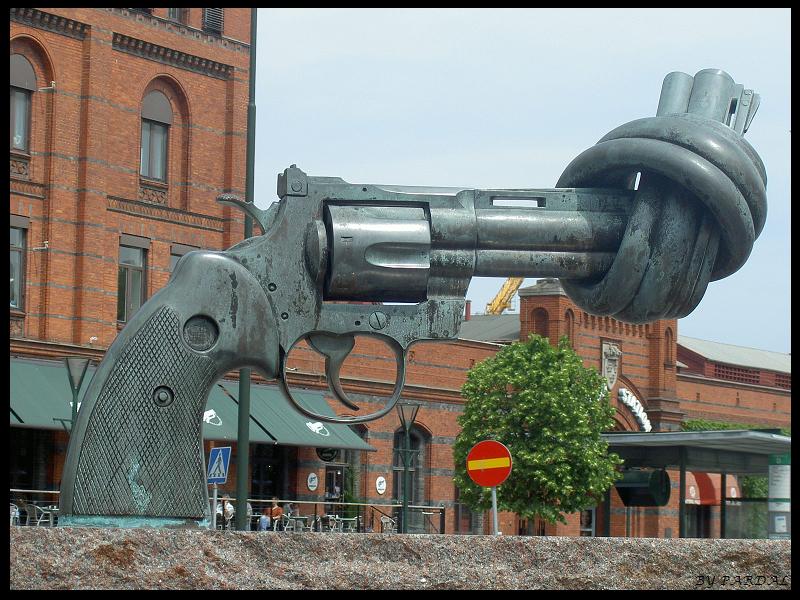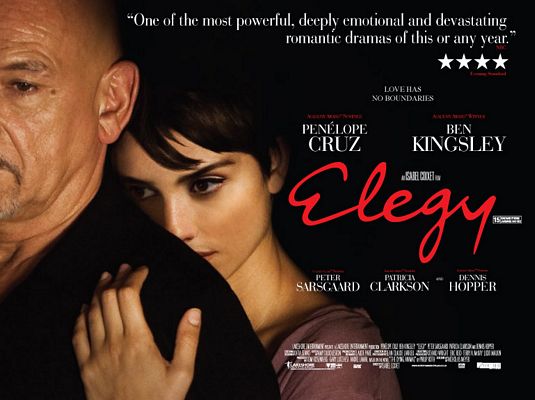More thoughts on Non-Violence (1)

If you ask me 'How did Jesus raise the dead?' I will kiss you on the lips, and say 'like this'. - 13th century Persian (Iranian) poet, Rumi
Last year heralded several important anniversaries, some of which were passed over with a little more nonchalance than I had expected. 1968 was not only the best year at the movies for the whole decade – seeing the release of 2001, The Wild Bunch, and Planet of the Apes, among others, but far more seriously, it saw the deaths of three towering late twentieth century figures. If they had lived, it cannot be stressed highly enough just how different the world might be today. Of course I'm talking about Rev. Dr Martin Luther King, Jr., Senator Robert F Kennedy, and Brother Thomas Merton. Many of us are hoping for a recovery of their visions for the good society, in which human beings recognize their interdependence, and are more interested in being rich inside than out.
One first step toward this recovery must be toward a serious engagement with non-violence as a way of life. I’m going to use some of my next few posts to discuss this. Everyone knows the teaching ‘Turn the other cheek’. It is both a universally familiar, but not always practiced belief, with which almost everyone agrees, yet it might be reasonable to wonder if in fact no one knows what to do with it. More than that, the attitude displayed in ‘turn the other cheek’ is considered, in our world, at best unpopular, at worst treacherous. I think one of the most pressing questions of our time is how to capture the public imagination with a vision for non-violence and negotiation that appears at least as compelling as the vision for war and belligerence presented by politicians, pro-violence religious figures, and elements of the media.
War, and other aggressive conflict – put simply – looks more exciting than peace. In some respects, it looks more real, for peace, and peace-making are so often portrayed as ‘non-events’. War – rhetorically and of course very literally – is where the action is at.
This is our starting point for reflecting on non-violence as a way of life.
If you ask me 'How did Jesus raise the dead?' I will kiss you on the lips, and say 'like this'. - 13th century Persian (Iranian) poet, Rumi
Photo above from www.maryt.wordpress.com
 Margaret Trost founded the What If? foundation to engage with deeply distressing need in Haiti in the aftermath of her husband's sudden death. She has redefined her future; the story of what happened next is a moving and inspirational combination of chance and compassion. The What If? foundation is one of the most exciting examples of concrete social action happening anywhere today. Find out more
Margaret Trost founded the What If? foundation to engage with deeply distressing need in Haiti in the aftermath of her husband's sudden death. She has redefined her future; the story of what happened next is a moving and inspirational combination of chance and compassion. The What If? foundation is one of the most exciting examples of concrete social action happening anywhere today. Find out more  Thoughts from
Thoughts from  Through the magic of Netflix Watch Instantly - which seems to be delivering much better quality image than it used to - tonight I saw one of the films I had been eager to catch last year but missed due to unhelpful film distribution patterns/other commitments/laziness. 'Elegy', a film based on a Philip Roth story, with Ben Kingsley and Penelope Cruz as lovers, Dennis Hopper as Kingsley's best friend, Deborah Harry as Hopper's wife, Patricia Clarkson as Kingsley's long term girlfriend, and Peter Sarsgaard as Kingsley's son proclaims itself a desirable prospect from its casting alone. Its director, Isabel Coixet, made two of the best interior dramas of the past few years in 'The Secret Life of Words' and 'My Life Without Me'.
Through the magic of Netflix Watch Instantly - which seems to be delivering much better quality image than it used to - tonight I saw one of the films I had been eager to catch last year but missed due to unhelpful film distribution patterns/other commitments/laziness. 'Elegy', a film based on a Philip Roth story, with Ben Kingsley and Penelope Cruz as lovers, Dennis Hopper as Kingsley's best friend, Deborah Harry as Hopper's wife, Patricia Clarkson as Kingsley's long term girlfriend, and Peter Sarsgaard as Kingsley's son proclaims itself a desirable prospect from its casting alone. Its director, Isabel Coixet, made two of the best interior dramas of the past few years in 'The Secret Life of Words' and 'My Life Without Me'. An
An